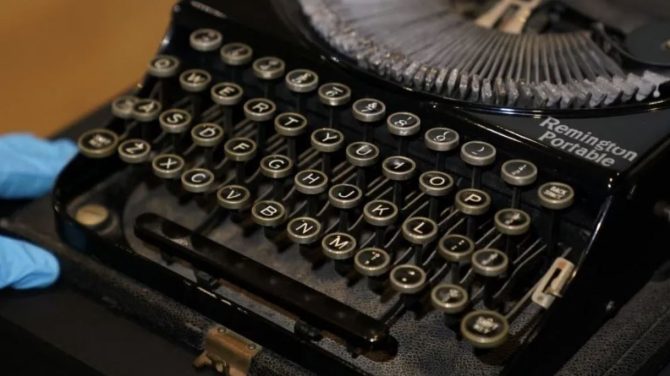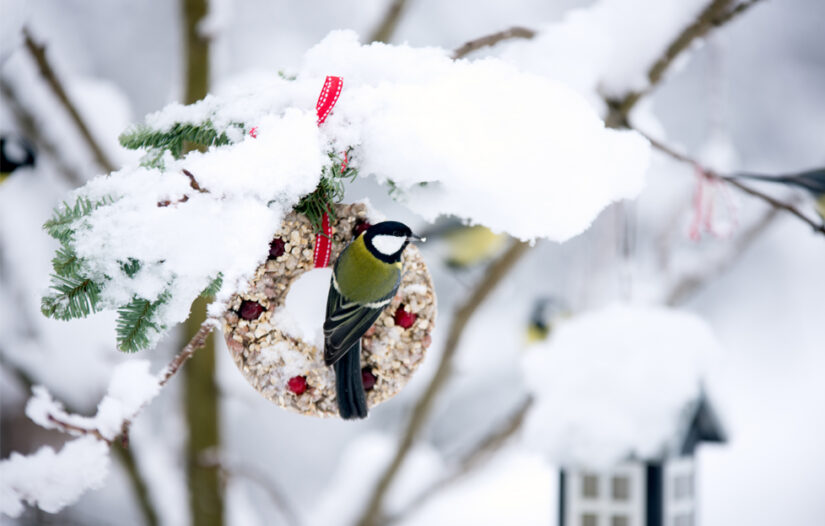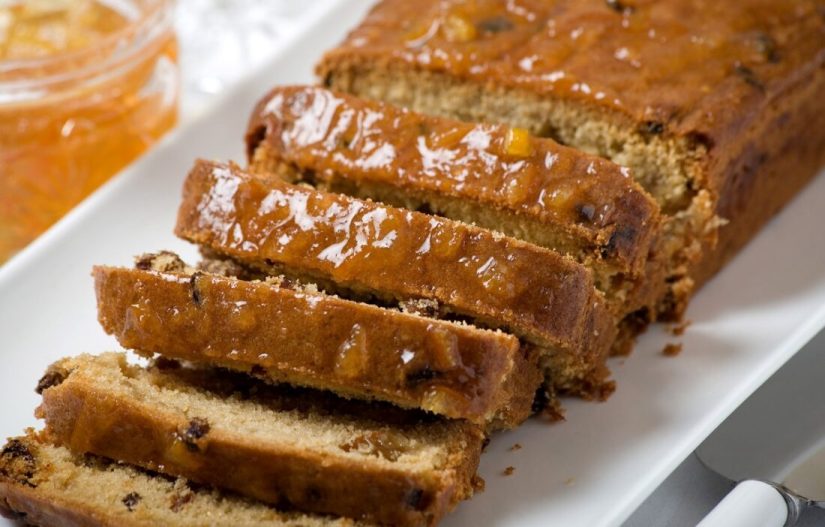 Hannah McLaren©
Hannah McLaren©Some of Agatha Christie’s archived writing tools, including her typewriter and Dictaphone, are going on display as part of a new crime novel exhibition at the University of Cambridge.
The Remington portable typewriter that crime novelist Agatha Christie used to write some of her best work is now part of Murder by the Book: A celebration of 20th Century British Crime Fiction.
Dame Agatha Christie’s 1937 typewriter coupled with the typescript for her final Poirot novel, as well as her old Dictaphone will be on display until August 24th.
Christie’s final Poirot novel ‘Curtain’ was kept in a bank vault for three decades until it was finally published in 1975, which was a year before Christie’s death. The novel was such a safely-guarded secret because it was in this final instalment that Agatha Christie killed off her protagonist, Detective Poirot.
This makes the novel’s typescript is an extra special treat for visitors, particularly any diehard Agatha Christie fans.
The exhibition will also include some of the author’s notebooks where she drafted parts of ‘Curtain’ and ‘Witness for the Prosecution’. All pieces have been loaned by the Christie Archive Trust.
Agatha Christie died in 1976 aged 85 and she is still considered the best-selling fiction novelist of all time.
It’s estimated that over 2 billion copies of her books have been sold. Her book sales are topped only by The Bible and the works of Shakespeare.
During her crime-writing career, Christie wrote 66 detective novels, 14 short story collections and more than 20 plays.
The Cambridge University exhibition has been organised to celebrate crime novels, which the University says is “the UK’s most read, bought and borrowed genre”.
The exhibition will be showcasing rare books and audio-visual recordings looking at the genre from its origins in the works of Wilkie Collins and Charles Dickens to contemporary best-sellers Val McDermid and Ian Rankin.
Almost 100 of the most influential crime novels in UK history will be on display, plus works that are now long out of print.






